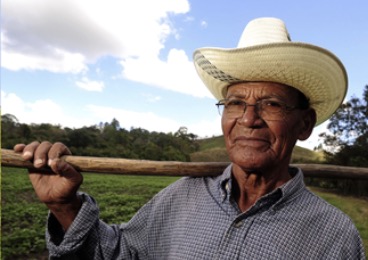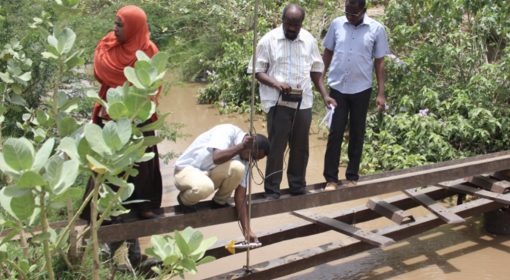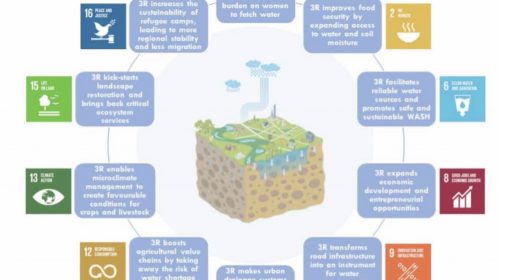posted by Frank van Steenbergen
August 27, 2012
 Much hope is pinned on the development of small-holder irrigation in Africa. In many places there are ample water resources – groundwater and local streams. Several new irrigation systems, large and small, have been developed. Even so, irrigation development is taking off slowly and failure rates are high.
Much hope is pinned on the development of small-holder irrigation in Africa. In many places there are ample water resources – groundwater and local streams. Several new irrigation systems, large and small, have been developed. Even so, irrigation development is taking off slowly and failure rates are high.
There are several explanations – many farmers are first time irrigators, and unfamiliar with the vagaries of the markets and the higher risks that come with irrigation. In some areas, irrigation systems are developed where water resources allow, but the land is used by unwilling farmers – such as pastoralists or middle-aged rain-fed farmers.
And now, meet the change agents:
In Ethiopia, young men with some financial security enter agriculture as entrepreneurs. They lease land around newly developed irrigation systems from original land users that often lack the acumen for this new type of agriculture. In other cases, they bring in small pump sets and use groundwater for irrigation. These young, relatively well-educated farmers go for high value horticulture. They know the ins and outs of drip and sprinkler systems, new seed varieties, micro-nutrients, and how to handle the markets.
In several cases, the original land users – having observed what it takes – take the land back and the change agents move on to other plots , applying their skills in new places. Whereas in many countries all young people have moved to the cities, these agricultural entrepreneurs still see a future in the countryside.
They are a resource to be treasured. Rather than spending much effort in training and organizing farmers from generations past, it makes sense to make much more room for these entrepreneurs – with special credit lines, technical support and assistance in forming federations.
{jcomments on}



